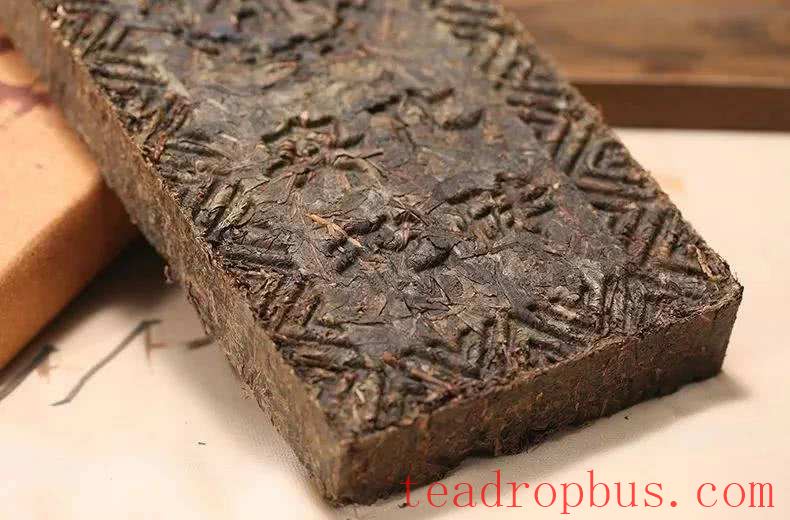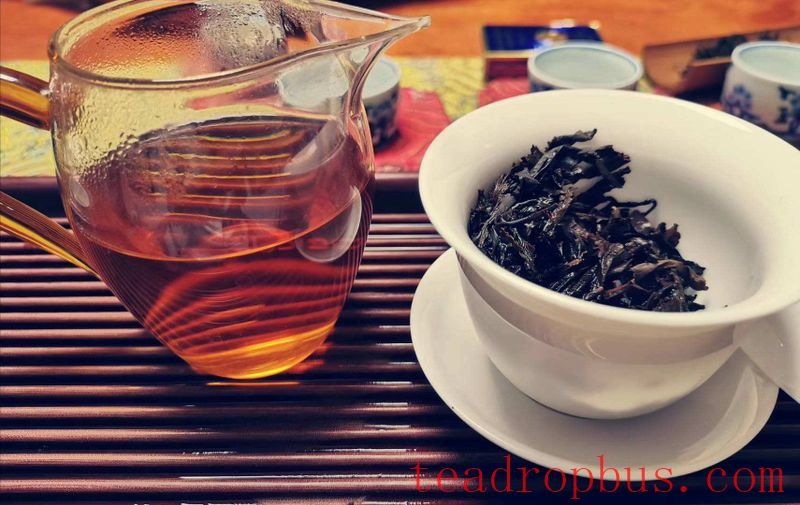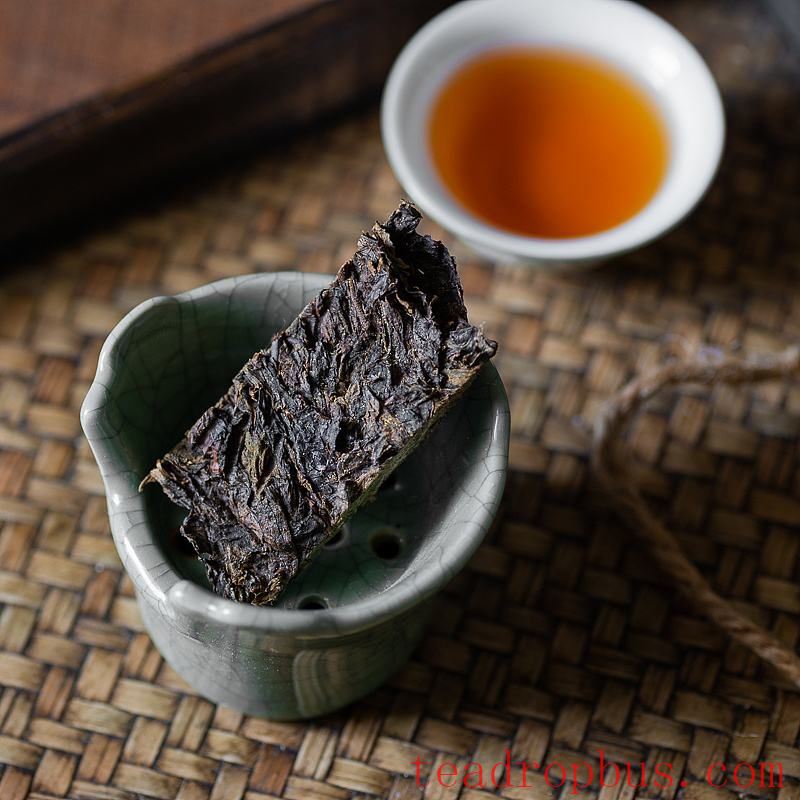When it comes to “rinsing tea,” almost every tea lover is familiar with the practice of discarding the first infusion, commonly referred to as “washing the tea.” Rinsing seems to have become an indispensable step in brewing dark tea. But does dark tea really need to be rinsed? And what does rinsing wash away?

Do you need to rinse dark tea before drinking?
Dark tea should be rinsed. Dark tea is a Fermented tea that undergoes pile-fermentation and drying, and it has the characteristic of improving with age. Its leaves are rich in substances, and after long-term storage, the tea leaves are in a dormant state. Rinsing the tea can moisten the dry leaves, allowing them to expand and making it easier for flavor components to dissolve. This also helps the aroma compounds to better release.
The correct method of rinsing is to place the dark tea in the Teaware and pour boiling water over it in a clockwise direction, ensuring the water just covers the tea. Note that the rinsing time should not be too long; three to five seconds is ideal. Once the time is up, immediately discard the rinse water.

Rinsing is a common step in gongfu brewing. The typical procedure involves placing the tea in the vessel, pouring boiling water over it to soak the dry leaves, and then quickly discarding the tea liquor. This keeps the tea in a warm and moist state, ready for the actual brewing and tasting. Rinsing is commonly applied to teas such as Phoenix Dancong, rock tea, Tieguanyin, Fuding White Tea, gongfu Black Tea, raw Pu'er, and ripe Pu'er, among others, which are typically brewed using the gongfu method.
The main purposes of rinsing are:
Firstly, and most importantly, rinsing acts as a “warm-up” for the tea, preparing it for subsequent infusions. Just like athletes need to warm up before intense exercise, tea leaves also benefit from this preparation to enter their optimal state more quickly and effectively. If you don't rinse the tea before brewing, the first infusion often lacks character or tastes flat and unbalanced. In such cases, it's better to discard the first infusion, which becomes the rinse. After rinsing, the subsequent infusions yield a more even and full-bodied extraction, making for a better tasting experience. Therefore, rinsing is also called “waking the tea (wet waking)” as it awakens the tea from its dormant state, or “moistening the tea,” as it pre-soaks the leaves.

Secondly, according to the literal meaning of “rinse,” using boiling water to briefly soak the tea makes it cleaner and more hygienic. While this can wash away some surface dust on the leaves, it does little to remove pesticide residues or excessive harmful substances (claims online that rinsing can effectively remove pesticides are irresponsible). Thus, the sense of security provided by rinsing is largely psychological. Food safety for tea should be controlled by manufacturers and farmers at the source.
Thirdly, and less known to many tea enthusiasts, rinsing can remove some Caffeine. Caffeine dissolves easily in hot water and is released faster than other major components in tea. For those concerned about caffeine intake, rinsing with boiling water can help reduce the amount consumed.
These points apply to Anhua dark tea as well, so it is recommended to rinse when brewing Anhua dark tea.